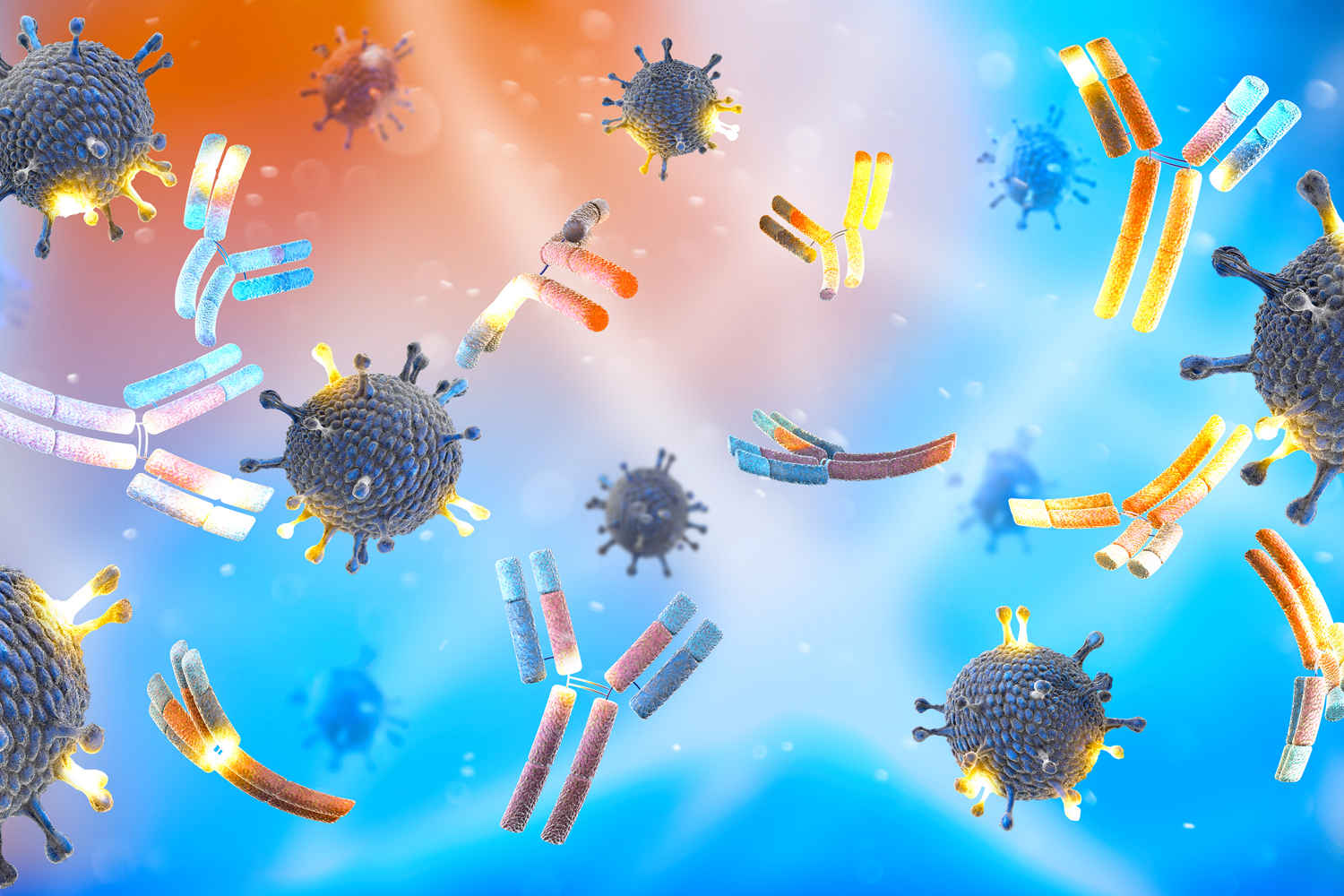SURGERY TO REMOVE a tumor is a common part of cancer care. The procedure can rid the body of the disease, but it comes with a host of potential risks and life-changing side effects. For example, people who have their stomach or esophagus removed face difficulty eating, and people who have surgery for rectal cancer often need a permanent colostomy bag.
“Although curative, there is a lot of negative effect on the quality of life of these patients in survivorship,” said Andrea Cercek, a gastrointestinal medical oncologist at Memorial Sloan Kettering Cancer Center in New York City.
New research, however, indicates certain patients can avoid a trip to the operating room. Immunotherapy can induce a complete response in select people with solid cancers and eliminate the need for surgery, according to a study presented April 27 at the American Association for Cancer Research (AACR) Annual Meeting 2025 in Chicago and simultaneously published in the New England Journal of Medicine. (The AACR publishes Cancer Today.)
Every time DNA is copied, certain genes are responsible for ensuring there are no errors in the new copy and for fixing any mistakes. Sometimes, however, these genes cannot repair the error, which results in an abundance of DNA mutations in the cell and an increased cancer risk. Cells with these mutations are called mismatch repair-deficient (dMMR) cells. This deficiency occurs in about 2% to 3% of all early-stage solid cancers, most commonly in colorectal and other gastrointestinal cancers.
Immune checkpoint inhibitors, a type of immunotherapy that unleashes the immune system to attack tumor cells, have been approved to treat dMMR cancers that have spread to other parts of the body and cannot be surgically removed. In recent years, researchers have begun investigating if these drugs could also improve outcomes in early-stage disease. A prior study found immunotherapy induced a clinical complete response—meaning all signs of the cancer disappeared—in 12 people with locally advanced dMMR rectal cancer who received the treatment in the neoadjuvant setting, or prior to surgery.
To see if these benefits could extend to other cancer types, researchers enrolled 117 people with early-stage dMMR cancer in a phase II clinical trial. All participants received nine doses of the immune checkpoint inhibitor Jemperli (dostarlimab) over six months, with 103 people completing the regimen as of data cutoff. Forty-nine participants had rectal cancer, and 54 had other cancers, such as colon, endometrial, esophageal, stomach and urinary tract cancers. If patients had a complete response, they could then decide whether to undergo surgery.
All 49 people with rectal cancer experienced a complete response. Additionally, 92% still had no evidence of disease two years later, and at the time of the presentation, four participants had responses that have lasted five years.
Among the 54 participants with other cancers, 65% had a complete response. Immunotherapy’s impact varied among different tumor types, according to Cercek, the study’s lead author. People with cancer in the tissue that lines the urinary system and cancers of the bile ducts, gallbladder, liver and pancreas saw 100% complete response rates, while no participants with esophageal, endometrial, prostate or small intestine cancers had a complete response.
In total, 84 people had a complete response, and 82 of those participants chose to bypass surgery. These patients underwent follow-up scans every four months to monitor for any signs of disease. People who did not experience a complete response received standard care, which involved surgery and, in some cases, neoadjuvant chemotherapy and radiation. In total, just five people had a cancer recurrence.
While this study involved Jemperli, Cercek said she does not believe the benefits are limited to this one drug. Researchers feel any immune checkpoint inhibitor—specifically an anti-PD-1 monoclonal antibody—could confer similar benefits. Investigators believe neoadjuvant immunotherapy can lead to significant responses and could spare patients from needing surgery and other neoadjuvant therapies Cercek said.
“The ability to spare patients the need to undergo potentially morbid surgery and other therapies is pretty remarkable,” said Ryan B. Corcoran, director of the Tucker Gosnell Center for Gastrointestinal Cancers at Mass General Cancer Center in Boston, who was not involved in the study.
Cercek said treatment options that can allow patients to avoid surgery are more important than ever as people younger than 50 are being diagnosed with cancer at increasing rates. “Quality of life is more important in survivorship as people are living much, much longer,” she said.
Patients can request testing to see if their cancer has mismatch-repair deficiency, Cercek said. If results show they have a dMMR cancer, she encourages them to talk with their oncologist about the potential benefits of an immune checkpoint inhibitor. In 2023, National Comprehensive Cancer Network rectal cancer guidelines recommended neoadjuvant immunotherapy, so insurance will likely cover the treatment in that disease and potentially other cancer types, according to Cercek, but people with any cancer could enroll in the clinical trial, which is ongoing.
Cercek noted researchers will continue to follow study participants to see immunotherapy’s long-term impact. Additionally, given the varying response in different cancers, she said future studies should look at specific tumor types and potentially test a longer therapy duration or immunotherapy combinations.
Cancer Today magazine is free to cancer patients, survivors and caregivers who live in the U.S. Subscribe here to receive four issues per year.





